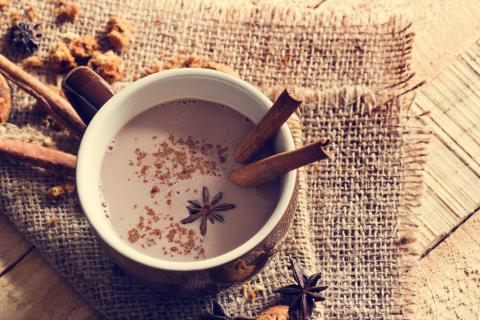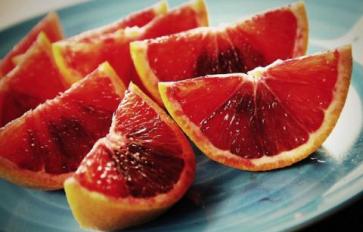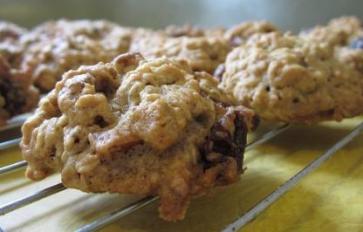
It’s that time of year. The children in my jiu jitsu class have been showing up with runny noses for the past week or so. They range from ages 4 to 6, and it’s common for their fingers to be in said runny noses. As careful as I am, this is a full contact sport and the day after class, my throat often starts to itch, a little cough starts, or I get the chills (or all of the above). Indeed, many of us burn the candle at both ends, leaving our immune systems beat down and needing a little support.
Want to strengthen your immunity and help your body better deal with stress? And want it to taste good? Look no further. This is a great tasting “chai” blend that should help do the trick.
Ingredients
Herb mix:
- 1 teaspoon Roasted Dandelion Root
- 1 teaspoon Astragalus
- 1 teaspoon Orange Peel
- 0.5 teaspoon Chaga (organically produced, not wildcrafted)
- 0.5 teaspoon Cardamom
- 0.5 teaspoon Ginger
- 0.25 teaspoon Licorice
- 0.25 teaspoon Black Pepper
- 0.25 teaspoon Cinnamon
- Coconut Milk - Dairy is traditional with chai but can be mucus forming. Not good if your sinuses are already full of boogers.
Black Tea
Directions
- Add the herb mix to 40 ounces of water and bring to a boil. Reduce heat and simmer for 15 minutes. Steep for 15 more minutes to (better yet) overnight. Can strain and store in fridge for several days.
- Meanwhile, boil water and add 8 ounces to 1 teaspoon of good quality black tea. Steep for 4-5 minutes. (Can skip the black tea if wishing to avoid caffeine).
- Combine 2/3 cup herb tea with 1/3 cup black tea.
- Add full fat coconut milk to taste.
This also works as a cold beverage but warm is more appropriate during the cold months.
How the ingredients help for cold & flu season
Black or Green Tea
- Tea polyphenols inactivate the flu virus and cold viruses
- Boosts immune system function
Dandelion Root
- Increases white blood cell production
- May stimulate both innate and adaptive immunity
- Used in Traditional Chinese Medicine for respiratory support and resistance to pathogens
- Helps clear wastes (an “alternative” herb) via liver, kidneys, and lymph system
Black Pepper
- A component, piperine, stimulates immune cell activity and boosts antibody production in response to pathogens
- Piperine also reduces respiratory airway inflammation
- Inactivates respiratory viruses
- Helps with chills, fever, and achiness
- Increases absorption of the other herbs
- Warming, blood moving
Astragalus
- Qi Tonic in Traditional Chinese Medicine - Improves vitality, resistance to pathogens, respiratory health
- Increases production of immune cells
- May enhance both innate and adaptive immune responses
- Reduces influenza virus replication
- Active against the common cold
- Antibacterial
Orange peel
- Contains vitamin C
- May improve antibody production against pathogens
- Active against respiratory viruses
- Digestive bitter (these help reduce mucus & help body assimilate nutrients)
- Anti-bacterial
Chaga
- Contains immune stimulating polysaccharides
- Traditionally used in Russia as a tonic and blood purifier
Cardamom
- Warming, blood moving
- May increase white blood cell production
- Antibacterial
- Traditionally used in India for asthma (dilates airways) and as a respiratory tonic
- Traditionally used in Pakistan for cough and sore throat
Ginger
- Traditional cold, sore throat, and asthma remedy
- Antiviral, antibacterial
- May relax respiratory airways
- Reduces achiness
- Warming and blood moving
Licorice
- Revitalizing, helps counter effects of long term stress
- Increases production of immune cells
- Increases production of interferon gamma, an antiviral immune chemical
- Antibacterial as well as antiviral
- One of my favorite herbs for respiratory infection. Just a small amount in a formula is plenty
- Cough soothing
Cinnamon
- Used in Traditional Chinese Medicine for colds, flu, and bronchitis
- Antiviral, Antibacterial
- Blood moving
- Warming
Coconut Milk
- Contains immune boosting, antiviral and antibacterial fatty acids active against multiple respiratory bugs








